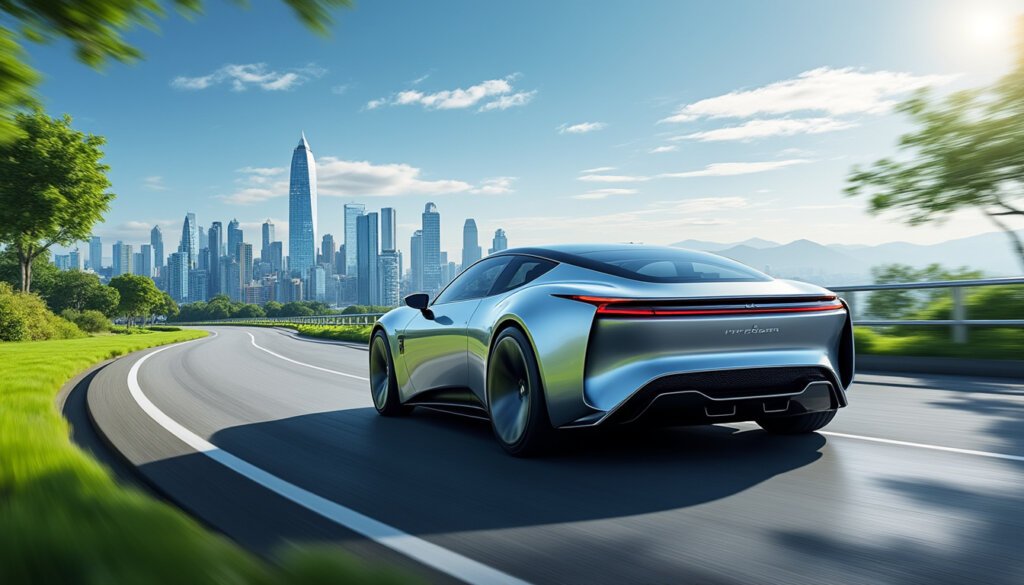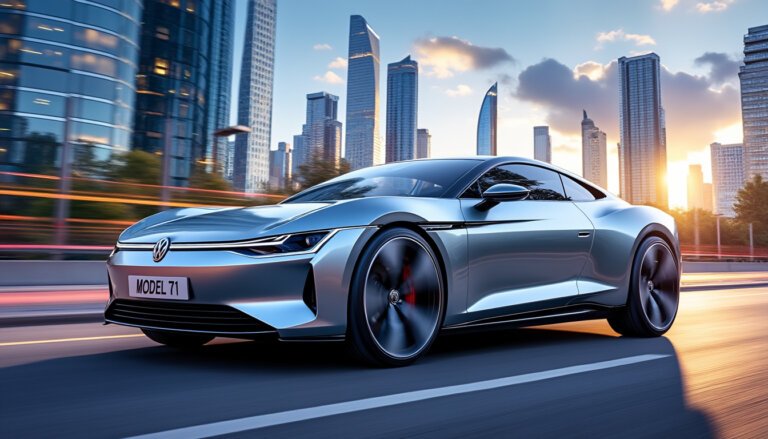Find out why the Opel Model 62 1.2L PureTech could revolutionize your idea of the perfect car
In a constantly evolving automotive world, the Opel Model 62 1.2L PureTech boldly stands out as both innovative and controversial. After achieving commercial success with its PureTech engine, this model is now the focus of intense scrutiny due to reliability issues that tarnish its image. What solutions have been considered to restore customer confidence and improve the engine’s performance? This article attempts to answer this question by examining the changes recommended by Stellantis and delving into the complex world of modern powertrains.
The 1.2 PureTech Engine: A Reputation Tainted by Reliability Concerns
On the market since 2012, the 1.2 PureTech engine has been praised for its performance. However, over time, recurring problems have tarnished this famous reputation. Initially, this 1,197 cc three-cylinder engine was praised for its lightness and efficiency, available in several versions ranging from 68 to 155 horsepower, and widely used in models from brands such as Peugeot, Citroën, and Opel. However, specific defects were reported, mainly related to emissions and premature wear of the timing belt, leading to mass vehicle returns. This angered many owners, some of whom went so far as to file class-action lawsuits against the manufacturer. Reliability Issues Update Owners of vehicles equipped with the 1.2 PureTech engine, particularly those of models like the Peugeot 208 and Citroën C3, confirm that they regularly experience a series of inconveniences:Timing belt damage: This essential component is often damaged due to prolonged immersion in a seemingly unsuitable lubricant.Excessive oil consumption: A phenomenon that has plunged drivers into unexpected financial situations, including oil levels that deplete faster than normal.Self-ignition:
This problem, especially common on models with more than 100,000 km, causes jerking during acceleration.
Actions taken by Stellantis to rectify the situation
To address this situation, Stellantis has taken significant measures. In an internal memo not readily available to the general public, the company recommended replacing 0W30 engine oil with a new 5W30 oil during oil changes. This initiative, effective since February 2025, aims to improve engine longevity and performance by reducing wear and fouling of its components. According to internal studies, a better engine oil could potentially extend the life of the engine as well as its crucial components such as the timing belt. Long-term consequences of these problems on affected models The consequences of poor reliability management can be significant. Owners often end up with unexpected repair costs. Furthermore, the reputation of the Opel brand, as well as other brands such as Ford and Nissan, could suffer, leading to a lack of confidence in choosing models. To prevent the Opel Model 62 from becoming another example of poor choice, it is essential for drivers to stay informed about models equipped with the problematic engine. Here is a summary table of the most affected models:Make
- Model Version
- Power (hp) Peugeot
- 208 PureTech 82
82
Citroën
C3
PureTech 110
110 Opel Corsa 1.2 Turbo 130 DS Automobiles 3 Crossback
1.2 PureTech
| 130 | Renault | Clio | 1.2 TCe |
|---|---|---|---|
| 100 | It is essential to carefully examine the specifications of each vehicle before committing to a purchase, especially since, despite these setbacks, these cars remain popular. | Customer Testimonials on Reliability Concerns | Customer feedback on forums and social media reflects growing frustration. BMW and Audi users, who have reportedly had similar experiences with other engines, have been critical of Stellantis’s crisis management. |
| The voices of dissatisfied drivers are varied. Here are some examples of testimonials: | “I noticed excessive oil consumption! After 50,000 km, I started seeing warning lights come on. What will happen to me now?” | “The timing belt was replaced under warranty, but I have lost all confidence in this brand.” | “This is unacceptable! I’m still waiting for a response from Opel regarding the recall of my vehicle.” The Technical Issues Behind the Oil Change Recommendation |
| The recommended change to the new 5W30 oil is not just a simple adjustment, but reveals the complexity of modern technical issues in today’s engines. By replacing the oil based on laboratory research, Stellantis aims to be proactive in avoiding long-term problems. | A modern engine, especially the PureTech, operates at high temperatures, requiring an oil that can resist wear while protecting internal parts: a challenge in itself. Therefore, a comparison table of different oils may be helpful in choosing the right option: | Oil Type | Viscosity |
| Standard | Benefits | 0W30 | High cold fluidity |
| B71 2312 | Reduced fuel consumption | 5W30 | Suitable for high temperatures |
FPW9.55535/03
Better component protection
With this change, Stellantis seeks to establish a new performance standard, ensuring the durability of the 1.2 PureTech engine and attempting to regain the trust of disappointed customers. A Vision for the Future: Innovation in the Face of Technological Challenges While the reliability of the 1.2 PureTech engine is under debate, it’s worth looking ahead. Vehicle electrification and customer experience are now top of mind for manufacturers, including Volkswagen, Toyota, and Ford. What lessons could be learned in terms of design and engineering? It is crucial to assess how emerging technologies, particularly hybridization and new energy sources, can influence internal combustion engine design and offer reliable and sustainable solutions.For example, the shift to hybrid models, a trend observed in Renault’s vehicle lines, could offer an effective response to recent criticism. Technology convergence could occur with rival companies, unlike anything else in the industry. This could lead to the development of smarter, more energy-efficient engine systems, while extending durability.
In conclusion, the Opel Model 62 1.2L PureTech is at a crossroads. A growing awareness of reliability issues has paved the way for key changes that could revolutionize your idea of the perfect car.
- Are you ready to trust a new generation of engines? Or are you looking for alternatives among the automotive industry’s innovations? Your thoughts could enrich this fascinating debate.

The Dacia Model 87 2.0L TDI: this secret will amaze you!
In a constantly evolving automotive world, the Dacia Model 87 2.0L TDI stands out as a true hidden treasure. Little known to the general public, this car hides astonishing performance beneath its understated exterior. It marks the arrival of an…

Find out why the Volkswagen Model 185 1.6L CRDi will change the way you drive!
The automotive revolution is underway, and at the heart of this transformation, the Volkswagen Model 185 1.6L CRDi is emerging with a vengeance. Combining performance, innovation, and respect for the environment, this model redefines the standards of modern driving. In…

Find out why the Nissan Model 78 1.8L Hybrid could revolutionize your driving experience
In an era where ecology and automotive performance are intertwined, the Nissan Model 78 1.8L Hybrid is at the forefront. Its bold design, innovative technologies, and exceptional performance are all assets that appeal to driving enthusiasts. This car, a true…






